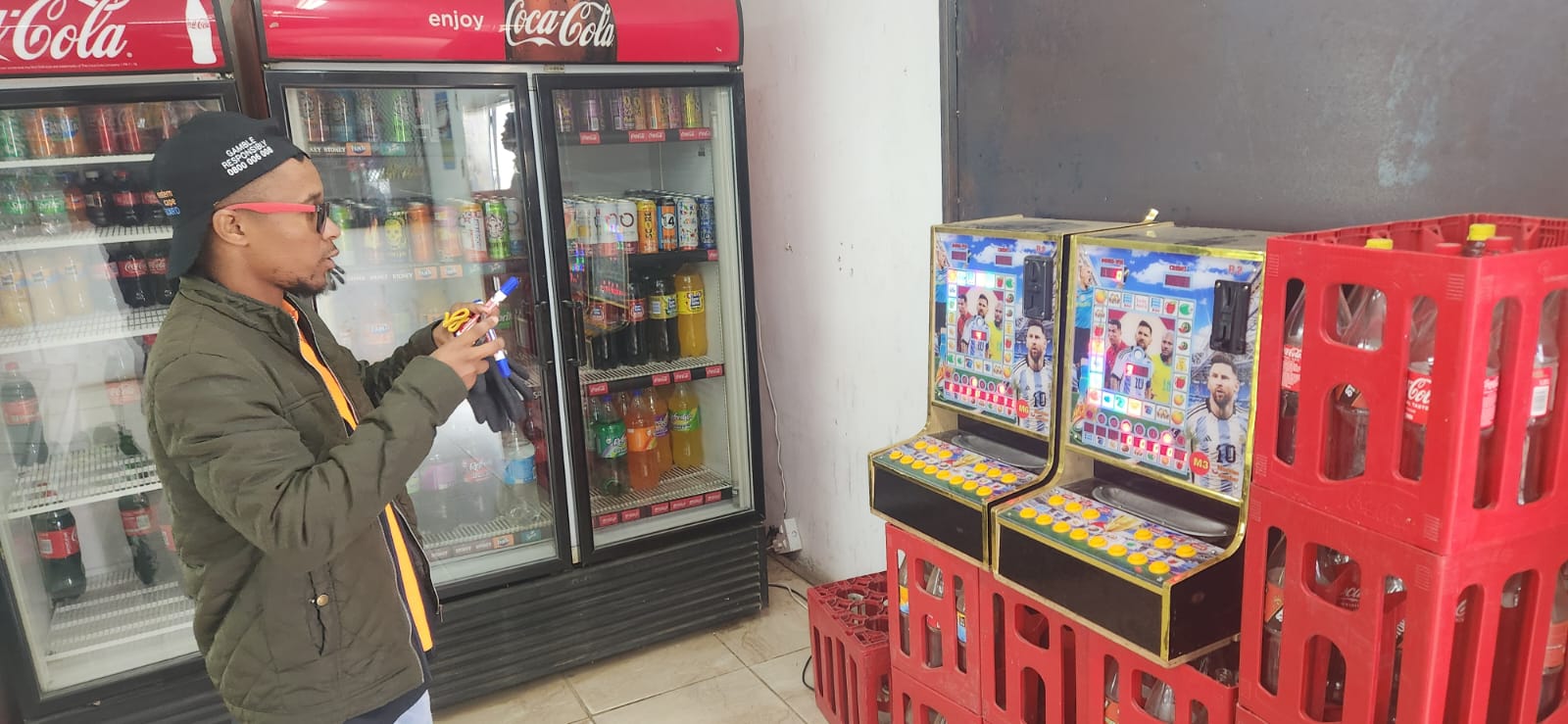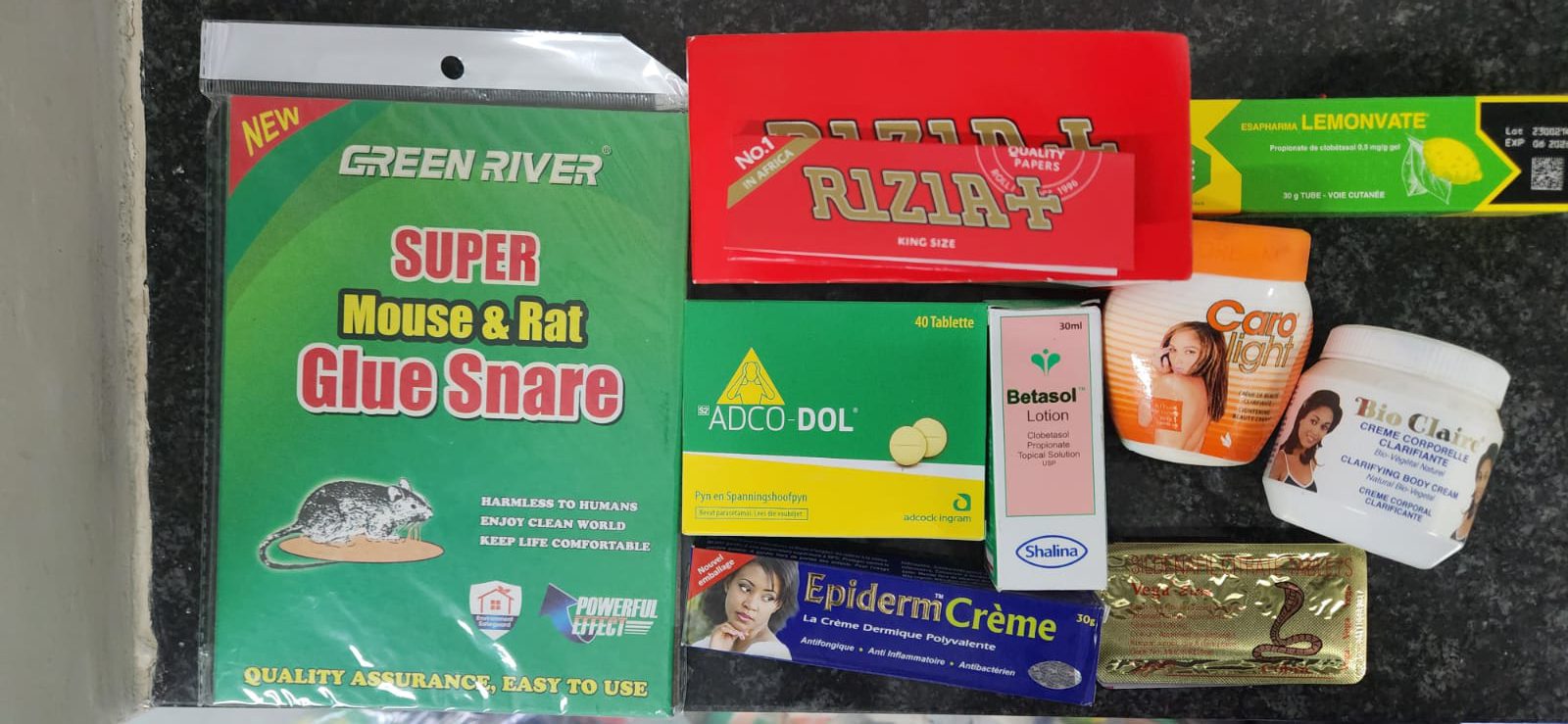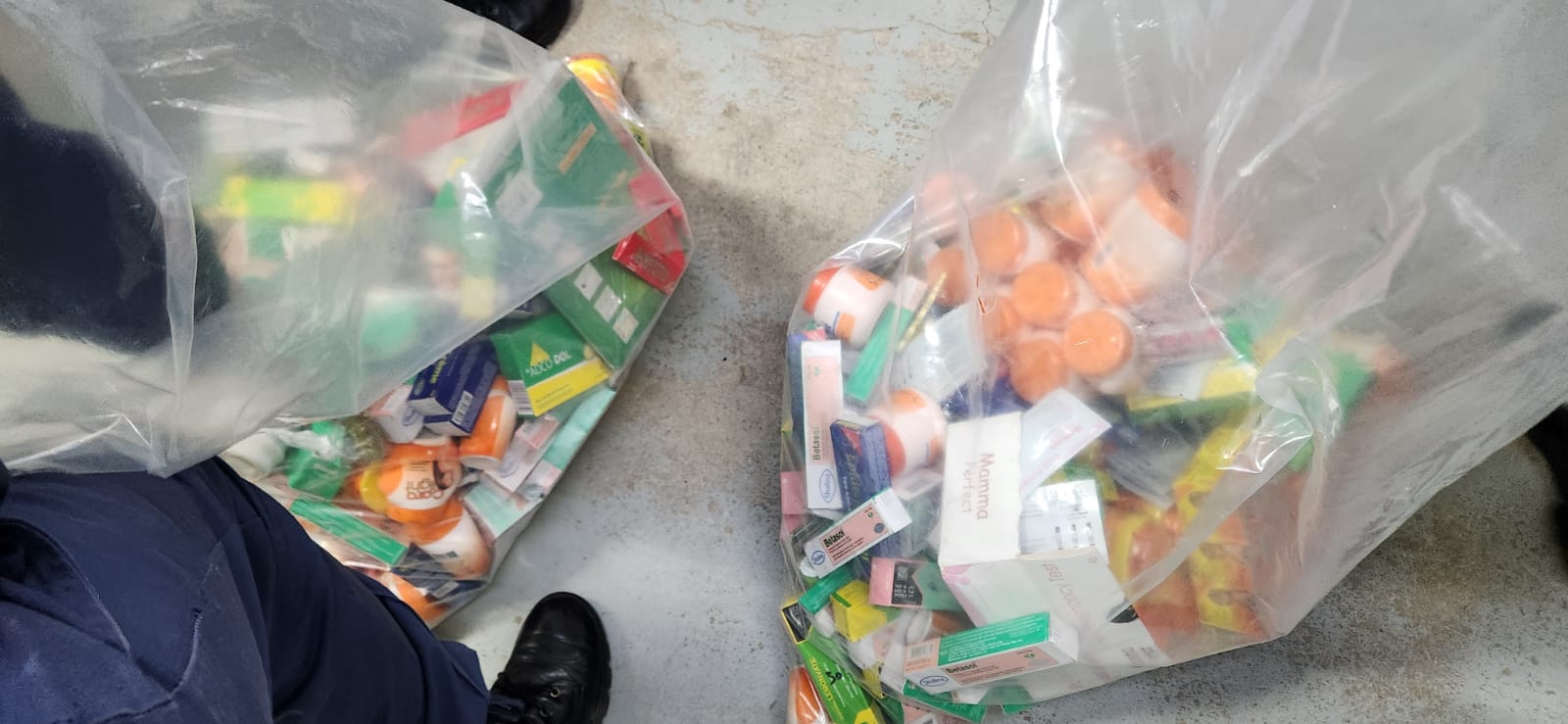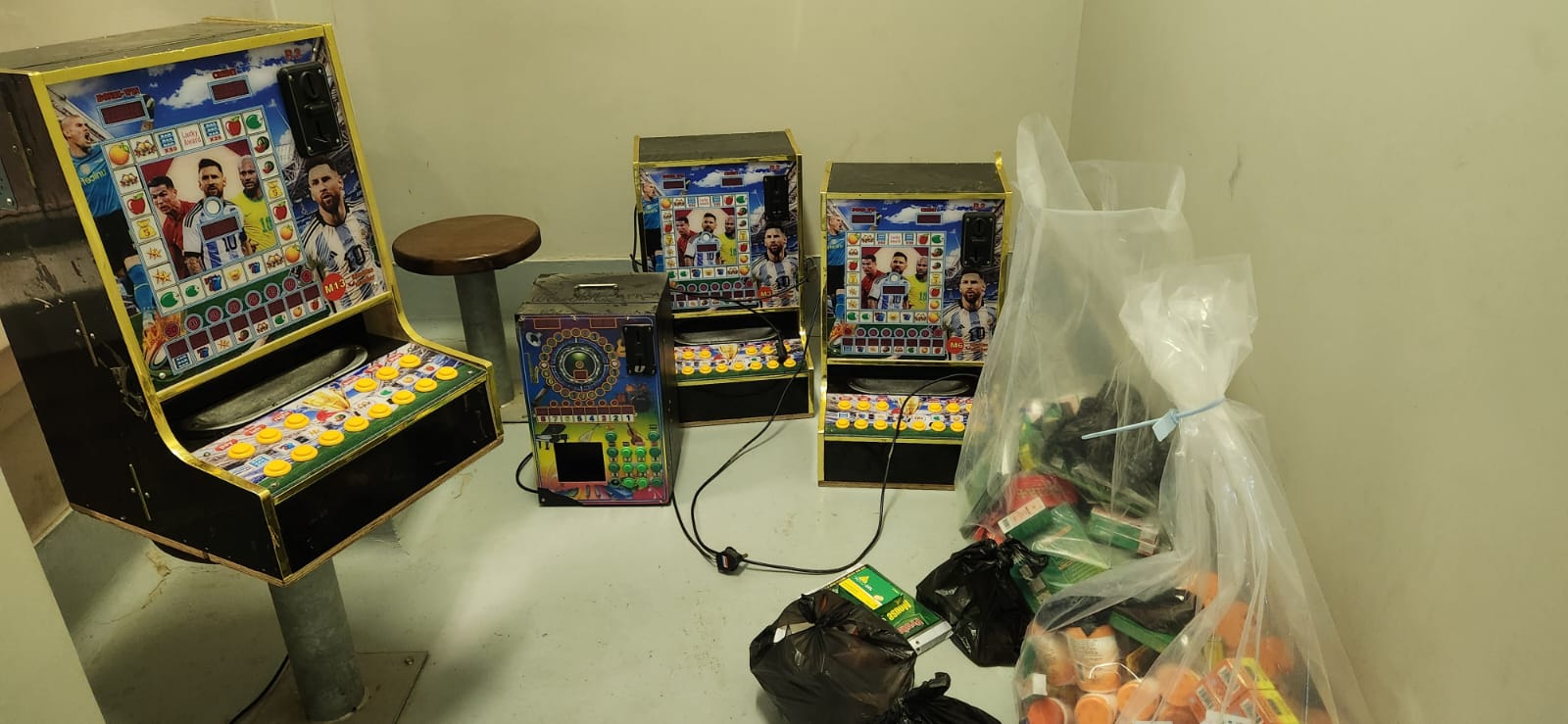By Luvuyo Mjekula and Khanyisa Khenese
Following a Grocott’s Mail report on illegal gambling slot machines spreading like wildfire in Makhanda spaza shops, Joza police in partnership with the Eastern Cape Gambling Board as well as Border Security police, pounced on several spaza shops on Thursday.

Sarah Baartman District police spokesperson, Captain Marius McCarthy, confirmed that the multi-disciplinary compliance operation in Joza from 10am to 2pm was carried out by Joza Saps, Eastern Cape Gambling Board and Border police.
McCarthy said the objective of the operation was to enforce and monitor compliance.
“This compliance operation is part of ongoing efforts to rid the area of illegal gambling as well as enforcement of compliance to national gambling regulations,” said McCarthy.
He said seven spaza shops were visited and four illegal gambling machines were confiscated at extensions 6 and 7 and Phumlani Location.
“Border police were also present to eradicate fake products from store shelves, schedule 2 (and above) medicine as well as enforcement of general compliance to selling household products, goods and medication within acceptable national standards.”
McCarthy said during the operation, sex performance enhancement pills, skin whitening creams, adhesive rat traps, schedule 2 pain killers, pregnancy tests, fake rolling papers and Viagra tablets.were confiscated.

Grocott’s understands that more shops are to be inspected by the team as a number of shops still operated the mini slot machines late yesterday.
Almost all spaza shops in Makhanda’s township have the machines and children as young as 10 gamble on them, the Grocott’s investigation found.
The National Gambling Act 7 (2004) forbids children under 18 to partake in gambling and or even enter a place with such machines.
Several spaza shop owners told Grocott’s Mail that they did not have their own licenses to operate the machines and were unaware that children are prohibited from gambling.
One parent said she didn’t see anything wrong with her children gambling “as long they don’t spend more than R2”.
Research by the UK Gambling Commission indicates that children gamble to make money and because it is fun, but that they are at risk of psychological and behavioural issues.
According to Game Quitters, young people involved in gambling are more likely to drop out of school and engage in criminal activities and violence.
The machines work by inserting coins into a slot and pressing a button that activates a set of spinning symbols on the wheel.
The machines are distributed and installed by an unidentified man described by one spaza shop owner as “a guy from China”. Whether this man had a licence to operate the slot machines on multiple sites is still unclear.
Pumeza George, a communication specialist for the Eastern Cape Gambling Board (ECGB), had said the ECGB had partnered with the police and other stakeholders to identify illegal gambling in Makhanda.
“We conducted sweeps and confiscated illegal machines in July,” she said at the time.
“A thorough investigation and raid will be done by the board’s team to eradicate illegal gambling in Makhanda,” she promised.
The National Gambling Board oversees regulations of the National Gambling Act, Act 7 of 2004, and assists the police with anti-gambling operations.
McCarthy had said police conducted weekly compliance inspections at spaza shops and other business premises in the city.

“Gambling machines found at unlicensed businesses are confiscated, and cases opened, or fines issued by the National Gambling Board,” McCarthy had said.
Meanwhile, in Extension 6, some residents had told Grocott’s Mail that they liked the machines.
“I didn’t have taxi fare, but I had R2 and gambled on the machines. I won R28, and now I can go to town and buy paraffin,” one resident said.


